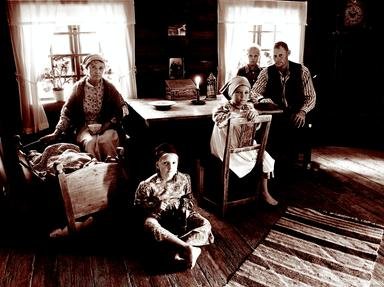Quiz Answer Key and Fun Facts
1. What was the name of the legislation, passed in 1820, that allowed Maine to enter the Union as a free state, and Missouri to enter the Union as a slave state?
2. James Monroe was re-elected to the presidency in 1820. What percentage of all the electoral votes did Monroe receive in the election?
3. In 1821, Mexico enacted the General Colonization Law which allowed settlers from the United States to emigrate to Texas. Who set up the first Texas colony in 1822?
4. In 1823, James Monroe first stated the famous Monroe Doctrine during his State of the Union address to Congress. What does the Monroe Doctrine say?
5. In 1823, Joseph Smith says he found some golden plates buried on his farm in upstate New York covered in Egyptian writing that he translated. Who or what does he claim led him to the golden plates?
6. The presidential election of 1824 between John Quincy Adams and Andrew Jackson is often regarded as the nastiest in U.S. History. What was the outcome?
7. In 1825, travel between Albany and Buffalo was made considerably easier by the opening of what?
8. In 1825, Thomas Cole began painting nature scenes in the Catskill Mountains. Cole was the first member of which artistic movement that emphasized natural landscapes?
9. What happened on July 4, 1826 (the 50th anniversary of the adoption of the Declaration of Independence)?
10. In a rematch, Andrew Jackson defeated John Quincy Adams in the presidential election of 1828. Jackson's supporters formed what organization right after the election?
Source: Author
LIBGOV
This quiz was reviewed by FunTrivia editor
bloomsby before going online.
Any errors found in FunTrivia content are routinely corrected through our feedback system.


